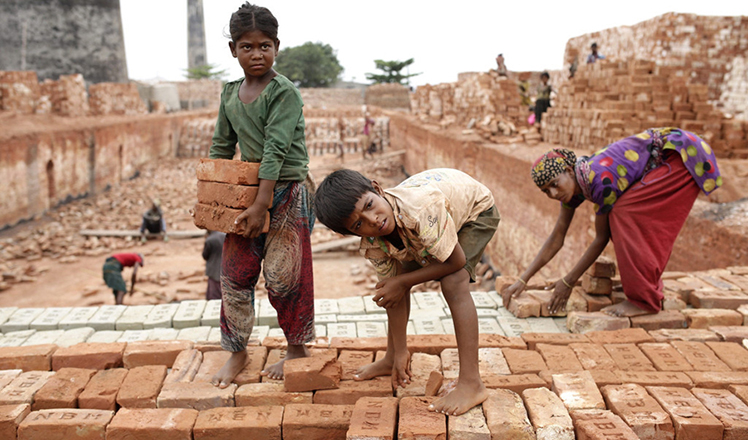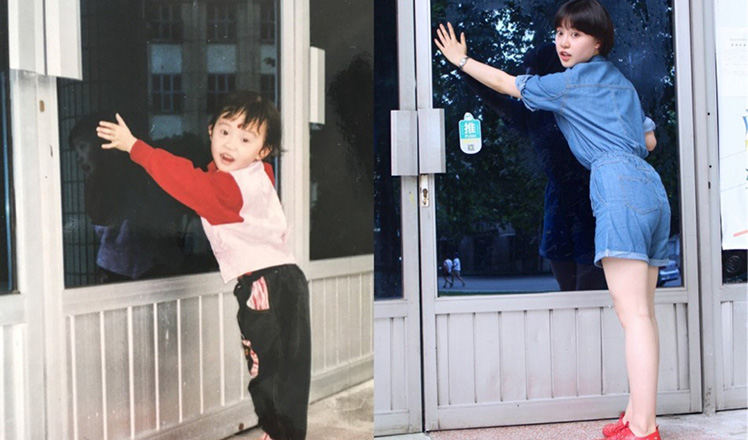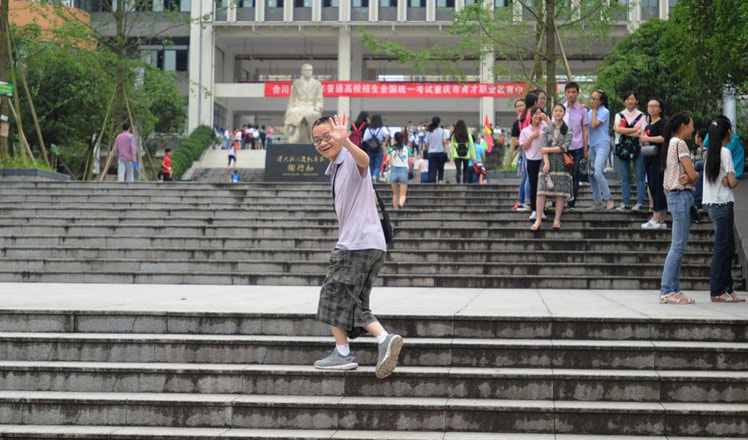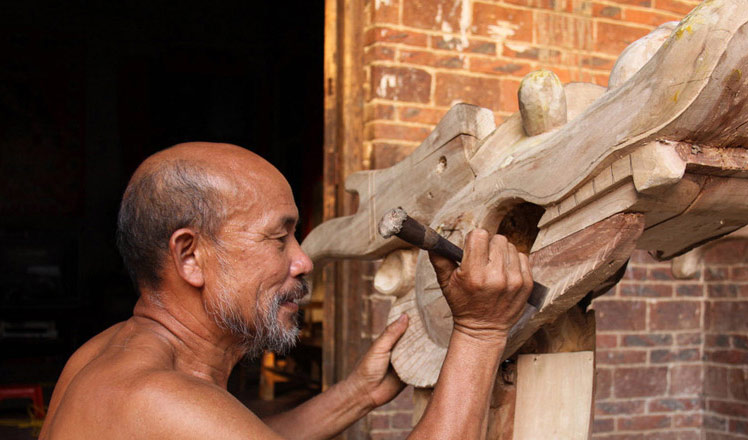Huawei sowing IT seeds in Latin America
Updated: 2016-06-13 02:16
By MAO PENGFEI in Mexico City(China Daily USA)
|
||||||||
Dozens of students from various Latin American countries will travel to China this year to get a handle on cutting-edge information technology.
At least 14 Colombian students and six from Trinidad and Tobago have won the chance over the past few weeks, thanks to Chinese technology giant Huawei's Seeds for the Future program. Another 15 students from Brazil will participate in the program later this year in November.
This Seeds for the Future program seeks to promote studies in information and communications technology (ICT) among university students, the company said.
The winners in Colombia were acknowledged at an awards ceremony in Bogota on June 1, hosted by Huawei's director general in Colombia, Xiong Yihui, and the country's Vice-Minister of Information Technologies and Systems (Mintic), María Isabel Mejía Jaramillo.
According to Xiong, the objective of the program is to allow top prospects in each country to learn more about the telecommunications industry in China and put this learning to use back home.
"The Seeds for the Future program is a global effort that Huawei began in 2008 and has now stretched to 57 countries. In the last three years, more than 2,500 students from over 150 universities around the world have participated. This is the third year the course has been held in Colombia," said Xiong, who added that the program aims to boost competitiveness and transfer of knowledge in all of the countries it reaches.
"It is highly important for Huawei that such a program can bring top young talent to China, so they may be trained in new technologies, generate new ideas and innovate in different industries. This is how we can contribute to the reduction of the digital gap, generating knowledge and benefits for society at large," he added.
Colombian students stand out as among some of the best in Latin America because of their drive and dedication, according to Xiong.
Vivian Herrera, a winner in Colombia last year, said the program had been a unique experience.
"Not many people get the chance to understand how telecommunications really works around the world and to return home with the opportunity to help this sector expand into new areas," she said.
Herrera added that her visit to China helped her understand how the sector can work. "We realized that Colombia still has some catching up to do and seeing the sector in China was an enormous advantage. However, there is very good equipment in Colombia and the policies of the government have helped us grow," she said.
Vice-Minister Jaramillo said that the Seeds for the Future program is in line with the policies of the Colombian government.
"Mintic is helping Huawei with this marvelous initiative around the country. We are fully aligned with Huawei's objectives and the ministry is keen to boost technological knowledge and talent in Colombia," she said.
The Colombian government has technological programs in place, such as Vive Digital, which seek to bring internet access to every part of Colombia. The program has also trained more than 6,000 students and will invest $106 million by 2018 on training ICT professionals.
Having attracted students from bigger economies like Brazil, Mexico, Colombia, Venezuela and Ecuador, the program this year expanded to Trinidad and Tobago, an English-speaking Caribbean country, through cooperation with the University of the West Indies (UWI) and the support of the ministry of education.
The six students selected for the program are all local ICT studies majors at UWI and were chosen by a selection committee. The program will help those students better understand the development of telecom technology and encourage them to participate in the international ICT community, according to the Guardian.
During the 15-day stay in China, the students will be trained in various aspects of ICT such as broadband, voice and data services, cloud computing and mobile, among others, through interaction with Huawei's researchers and laboratories.
This year, the 14 Colombian winners will travel to China on June 16 and visit Beijing and Shenzhen. Huawei will cover their travel, food and housing costs.
Students from Trinidad and Tobago will join students from other international universities for the trip and have expressed their excitement over this "once-in-a-lifetime opportunity to visit China and be part of this learning experience that they expect will ultimately enhance their careers," according to the Guardian.
Huawei has a broad presence in Latin America, providing equipment for internet operators, companies and mobile users. The Chinese company has also become the leading supplier for fixed networks and is seeing the largest growth among mobile operators in the world.
- Suspected IS terrorists arrested in Germany
- Japanese boy abandoned by parents in Hokkaido forest found alive
- China to build Africa's biggest university library
- 'Kill list' found in UCLA campus shooter's residence: Police
- Swiss declare Alps tamed as Gotthard rail tunnel opens
- China urges Japan to properly settle Chinese forced laborers issue

 Shanghai Disneyland all set for official opening on Thursday
Shanghai Disneyland all set for official opening on Thursday
 British pageantry on parade for Queen's official birthday
British pageantry on parade for Queen's official birthday
 Carrying bricks to selling carrots: Life of child laborers
Carrying bricks to selling carrots: Life of child laborers
 Graduate revisits same university spot 19 years later
Graduate revisits same university spot 19 years later
 Euro powers land in France for UEFA EURO 2016
Euro powers land in France for UEFA EURO 2016
 The most unusualgaokao candidates in 2016
The most unusualgaokao candidates in 2016
 Elderly man carries on 1000-year old dragon boat craft
Elderly man carries on 1000-year old dragon boat craft
 Row your dragon boat, cute pandas in Yunnan!
Row your dragon boat, cute pandas in Yunnan!
Most Viewed
Editor's Picks

|

|

|

|

|

|
Today's Top News
Abe's blame game reveals his policies failing to get results
Ending wildlife trafficking must be policy priority in Asia
Effects of supply-side reform take time to be seen
Chinese State Councilor Yang Jiechi to meet Kerry
Chinese stocks surge on back of MSCI rumors
Liang avoids jail in shooting death
China's finance minister addresses ratings downgrade
Duke alumni visit Chinese Embassy
US Weekly

|

|








